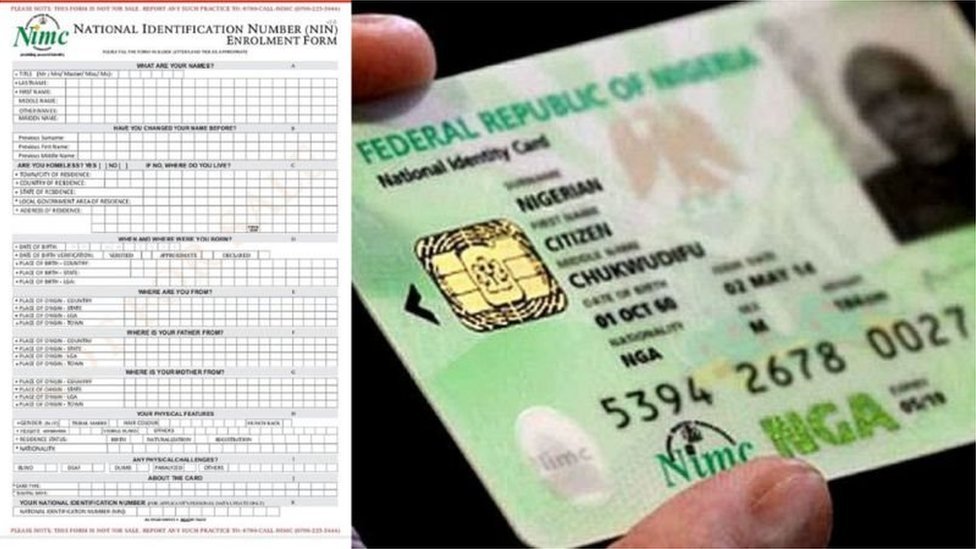Nigeria Police Salary 2025 – Full NPF Monthly Pay

Joining the Nigeria Police Force in 2025? Or maybe you’re just curious about how much officers earn across various ranks. Either way, it’s good to know what the pay looks like, especially with the changes to salaries, benefits, and recruitment details for the year.
What the Nigeria Police Actually Do
The Nigeria Police Force (NPF) handles everything from street patrols to serious national security issues. Officers are in charge of crime prevention, criminal investigations, crowd control during protests or public events, and responding to emergencies.
They’re also responsible for traffic management, election security, and handling counter-terrorism operations. The duties are wide-ranging, and the roles vary depending on an officer’s position and assignment.
Pay Structure for Nigeria Police Officers in 2025
The monthly pay in the Nigeria Police Force depends on your rank. Officers are grouped into non-commissioned and commissioned categories, and each rank comes with a salary band.
Non-Commissioned Officers’ Monthly Pay
If you’re starting out or climbing the lower ranks, this is the category you’ll fall under. These officers usually begin as recruits before working their way up.
- Recruit (In Training): ₦45,000 – ₦50,000
- Police Constable: ₦50,000 – ₦55,000
- Lance Corporal: ₦55,000 – ₦60,000
- Corporal: ₦60,000 – ₦65,000
- Sergeant: ₦70,000 – ₦75,000
- Staff Sergeant: ₦80,000 – ₦90,000
- Sergeant Major: ₦100,000 – ₦120,000
Senior Officers and Commissioned Ranks
Commissioned officers earn significantly more. These positions require specific qualifications and training. Salaries rise with responsibility and experience.
- Assistant Superintendent of Police (ASP): ₦150,000 – ₦180,000
- Deputy Superintendent of Police (DSP): ₦180,000 – ₦220,000
- Superintendent of Police (SP): ₦220,000 – ₦250,000
- Chief Superintendent of Police (CSP): ₦250,000 – ₦300,000
- Assistant Commissioner of Police (ACP): ₦350,000 – ₦400,000
- Deputy Commissioner of Police (DCP): ₦400,000 – ₦450,000
- Commissioner of Police (CP): ₦500,000 – ₦600,000
- Assistant Inspector General (AIG): ₦750,000 – ₦900,000
- Deputy Inspector General (DIG): ₦1,000,000 – ₦1,500,000
- Inspector General of Police (IGP): ₦2,000,000 – ₦3,000,000
For more details about officer-level pay, especially for CSPs and above, you can check this full Chief Superintendent of Police salary in Nigeria.
Allowances and Extra Benefits for Officers
Salary isn’t the only thing officers receive. The Nigeria Police offers different types of allowances based on your duty post and assignments.
Officers working in high-risk zones get a hardship allowance. There’s also housing support for those without official quarters. Risk, night-duty, transport, and medical allowances are all part of the package. Even uniforms have a designated allowance to help cover the cost.
What Recruits and New Officers Can Expect
If you’re newly joining, you’ll earn differently depending on your entry point. A recruit undergoing training earns around ₦45,000–₦50,000 monthly. Once you become a Police Constable, that goes up slightly.
Graduates who come in at the ASP level can start off with ₦150,000–₦180,000 per month. It’s a decent beginning, with room to grow.
If you’re thinking about applying or need more information, this Nigeria Police recruitment guide breaks down the steps you need to follow.
Entry Requirements to Join the Police Force
To apply, you need to meet a few basic conditions. First off, you must be a Nigerian citizen. If you’re applying to be a Constable, your age should fall between 18 and 25 years. Graduates applying for officer roles should be 22 to 30 years old.
Other must-haves include five credits in your WASSCE/NECO/NABTEB (including English and Math), a valid ID, and the right height (1.68m for men and 1.65m for women). You must also be medically and mentally fit, with no criminal record.
Graduates need to present their degree and NYSC certificate or exemption. There’s also a screening process that involves physical and written tests.
Where Police Ranks Stand Against Other Agencies
Some people often compare police ranks with other law enforcement bodies like the NDLEA. These comparisons help candidates figure out which agency suits their career goals better. If you’re interested in that breakdown, this NDLEA and Nigeria Police ranks comparison shows the differences clearly.
Steps to Apply for Police Recruitment in 2025
All applications are submitted online through the official Nigeria Police recruitment portal. You’ll need to choose your preferred category—whether you’re applying as a constable or aiming for a higher rank.
After selecting the category, you’ll fill in your details, upload your documents, and submit the form. Once accepted, you’ll be invited for screening and physical verification. Make sure your information is accurate, and keep your acknowledgment slip safe.
Finally on Police salary
Working with the Nigeria Police Force in 2025 gives you structured pay, steady promotions, and extra benefits depending on where and how you serve. It’s not just about maintaining law and order—it’s a career with defined growth paths.
If you’re planning to join, make sure you meet the requirements and understand what comes with each role. And don’t fall for scams—the entire recruitment process is free.
Article updated 4 months ago ago. Content is written and modified by multiple authors.









